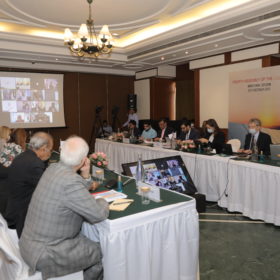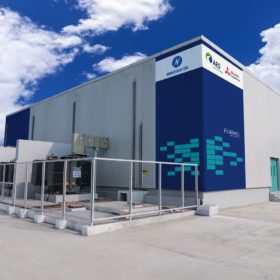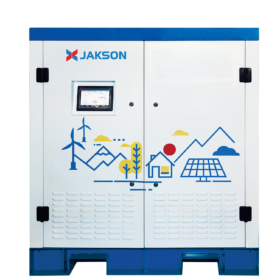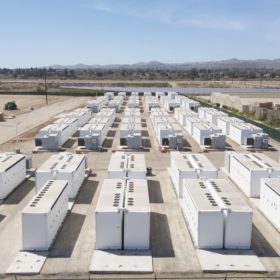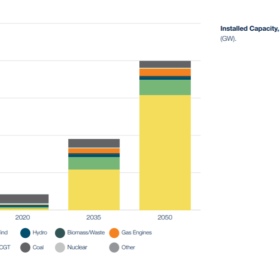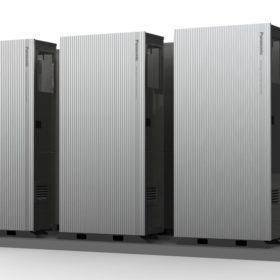Larsen & Toubro targets carbon neutrality by 2040
The Indian multinational EPC contractor will increase the share of renewable energy in the electricity mix across its campuses and project sites as part of efforts to reduce its carbon footprint.
International Solar Alliance launches programs on solar and battery waste management, green hydrogen
The International Solar Alliance (ISA), which aims to mobilize more than $1 trillion of solar power investment by 2030 in its member countries, expanded its scope of work by launching programs on solar panel and battery waste management and solar-powered hydrogen production in its fourth assembly held recently.
Enabling the transition to electric mobility
Parity in the total cost of ownership already exists for electric two-wheelers and three-wheelers (with subsidy) vis-à-vis their internal combustion engine counterparts. Policy impetus, coupled with the production-linked incentive (PLI) scheme for batteries and auto components (exclusively covering EVs), is likely to further reduce costs and accelerate the transition to electric vehicles (EVs). The transition will also open up the market for new-age companies and innovators across the value chain.
Grid-scale battery storage and green hydrogen market shaping up in India
India has seen substantial activity in the domestic battery storage and green hydrogen markets, from the entry of Reliance and Acme Solar in green hydrogen to gigawatt-scale battery storage tenders by NTPC and the Solar Energy Corporation of India (SECI). There are more private ventures in the offing, indicating the government’s policy push is in the right direction.
Jakson unveils lithium battery backup solution with a sub-5 ms response time
The EnerPack from Indian manufacturer Jakson consists of a hybrid inverter, lithium ferro phosphate batteries, and an intelligent energy management system that can smartly combine grid power, solar power, wind power, and even diesel generator power supply to maximize the use of renewable energy.
SECI invites proposals for 1 GWh of battery energy storage systems
The draft guidelines and the draft tender document inviting bids for setting up standalone battery energy storage systems in India have been uploaded on the SECI site. The final tender document will be issued based on the comments and discussions with the prospective bidders on the draft guidelines and draft tender documents.
Supply shortages likely to hit utility energy storage as EV demand grows, IHS Markit says
Cell manufacturers are expected to prioritize larger customers in the automotive industry over relatively small energy storage system integrators.
Magenta to deploy EV charging solutions in Delhi
Magenta, in collaboration with State power discom BSES, will deploy innovative EV charging solutions in the discom’s service area in Delhi. It will undertake the installation, operations and maintenance of EV charging solutions under the ChargeGrid brand.
All-renewables power system with 76% solar share could halve electricity costs and drive net-zero by 2050
A power system modeling study, jointly carried out by Lappeenranta-Lahti University of Technology (LUT) and Wärtsilä, explores the feasibility of a net-zero-emissions power system in India by 2050. It shows that an all-renewables power system, when paired with flexible generation technologies (thermal balancing power plants and energy storage), can improve the affordability of electricity while ensuring the reliability of system operations.
Panasonic launches 5 kW fuel cell system for commercial applications
The system has dimensions of 834×417×1,766 mm and weighs 205 kg including the design panel. It achieves an electrical efficiency of 56% and can be connected with a hot water storage unit.

